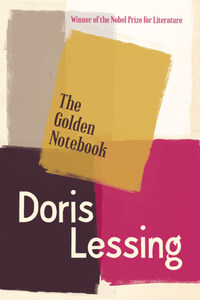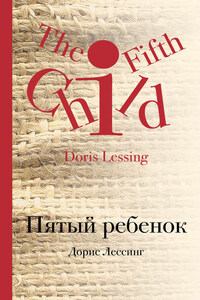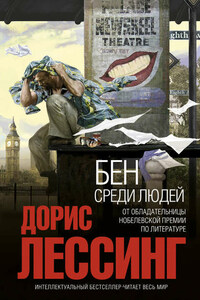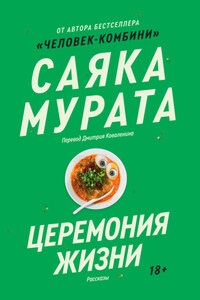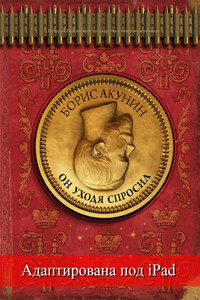Harriet and David met each other at an office party neither had particularly wanted to go to, and both knew at once that this was what they had been waiting for. Someone conservative, old-fashioned, not to say obsolescent; timid, hard to please: this is what other people called them, but there was no end to the unaffectionate adjectives they earned. They defended a stubbornly held view of themselves, which was that they were ordinary and in the right of it, should not be criticized for emotional fastidiousness, abstemiousness, just because these were unfashionable qualities.
At this famous office party, about two hundred people crammed into a long, ornate, and solemn room, for three hundred and thirty-four days of the year a boardroom. Three associated firms, all to do with putting up buildings, were having their end-of-year party. It was noisy. The pounding rhythm of a small band shook walls and floor. Most people were dancing, packed close because of lack of space, couples bobbing up and down or revolving in one spot as if they were on invisible turntables. The women were dressed up, dramatic, bizarre, full of colour: Look at me! Look at me! Some of the men demanded as much attention. Around the walls were pressed a few non-dancers, and among these were Harriet and David, standing by themselves, holding glasses – observers. Both had reflected that the faces of the dancers, women more than men, but men, too, could just as well have been distorted in screams and grimaces of pain as in enjoyment. There was a forced hecticity to the scene…but these thoughts, like so many others, they had not expected to share with anyone else.
From across the room – if one saw her at all among so many eye-demanding people – Harriet was a pastel blur. As in an Impressionist picture, or a trick photograph, she seemed a girl merged with her surroundings. She stood near a great vase of dried grasses and leaves and her dress was something flowery. The focusing eye then saw curly dark hair, which was unfashionable…blue eyes, soft but thoughtful…lips rather too firmly closed. In fact, all her features were strong and good, and she was solidly built. A healthy young woman, but perhaps more at home in a garden?
David had been standing just where he was for an hour drinking judiciously, his serious grey-blue eyes taking their time over this person, that couple, watching how people engaged and separated, ricocheting off each other. To Harriet he did not have the look of someone solidly planted: he seemed almost to hover, balancing on the balls of his feet. A slight young man – he looked younger than he was – he had a round, candid face and soft brown hair girls longed to run their fingers through, but then that contemplative gaze of his made itself felt and they desisted. He made them feel uncomfortable. Not Harriet. She knew his look of watchful apartness mirrored her own. She judged his humorous air to be an effort. He was making similar mental comments about her: she seemed to dislike these occasions as much as he did. Both had found out who the other was. Harriet was in the sales department of a firm that designed and supplied building materials; David was an architect.
So what was it about these two that made them freaks and oddballs? It was their attitude to sex! This was the sixties! David had had one long and difficult affair with a girl he was reluctantly in love with: she was what he did not want in a girl. They joked about the attraction between opposites. She joked that he thought of reforming her: ‘I do believe you imagine you are going to put the clock back, starting with me!’ Since they had parted, unhappily enough, she had slept – so David reckoned – with everyone in Sissons Blend & Co. With the girls, too, he wouldn’t be surprised. She was here tonight, in a scarlet dress with black lace, a witty travesty of a flamenco dress. From this concoction her head startingly emerged. It was pure nineteen-twenties, for her black hair was sleeked down into a spike on her neck at the back, with two glossy black spikes over her ears, and a black lock on her forehead. She sent frantic waves and kisses to David from across the room where she circled with her partner, and he smiled matily back: no hard feelings. As for Harriet, she was a virgin. ‘A virgin now,’ her girl friends might shriek; ‘are you crazy?’ She had not thought of herself as a virgin, if this meant a physiological condition to be defended, but rather as something like a present wrapped up in layers of deliciously pretty paper, to be given, with discretion, to the right person. Her own sisters laughed at her. The girls working in the office looked studiedly humorous when she insisted, ‘I am sorry, I don’t like all this sleeping around, it’s not for me.’ She knew she was discussed as an always interesting subject, and usually unkindly. With the same chilly contempt that good women of her grandmother’s generation might have used, saying, ‘She is quite immoral you know,’ or, ‘She’s no better than she ought to be,’ or, ‘She hasn’t got a moral to her name’; then (her mother’s generation), ‘She’s man-mad,’ or, ‘She’s a nympho’ – so did the enlightened girls of now say to each other, ‘It must be something in her childhood that’s made her like this. Poor thing.’


